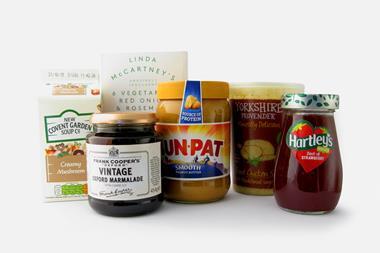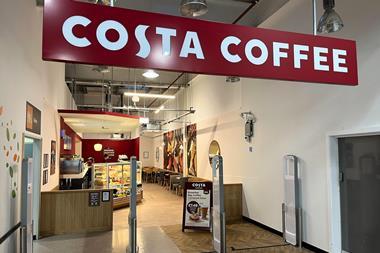
The “economic fallout” after Russia’s invasion of Ukraine in February 2022 contributed to a slide into in the red for Mash Direct, its latest accounts have shown.
The Northern Ireland-based prepared vegetable company saw an operating profit of £1.1m in its 2022 financial year swing to an operating loss of £984,937 in the year to 28 February 2023, according to its annual report and accounts, posted at Companies House.
The business put the swing down to a rise in core input prices, covering both raw material and energy costs that rose by multiples of their historic average costs.
The company also saw its gas contract reneged upon some nine months early by its supplier, which exposed Mash Direct to inflated open market prices.
However, turnover did increase, by just above £1m (or 4.5%) to £25.2m, driven by increased sales through its retail customers.
It said it had since improved energy efficiencies and implemented projects to counter the increases to its cost base. The company had also reduced labour costs, despite the impact of wage increases.
The Companies House report also highlighted a rise in number of primary produce suppliers,which Mash Direct suggested marked a strong indicator of future growth and demonstrated the contribution it was making to the local community and the agricultural sector.
Mash Direct CEO Jack Hamilton stressed the company’s performance had improved in its most recent financial period, with the supplier now “back in the black”.
The losses seen in 2022/23 now felt “like a different world”, he told The Grocer this week, adding the business was expanding sales, launching new products and growing geographically.
The business had also made some key new hires to drive business development, he added.
“2025 looks like it’s going to be a great year as well, based on the fantastic veg we’ve got in the fields,” said Hamilton. “Now, the fields are actually bursting through the hedges, basically because of the amount of crops in them.”



















No comments yet